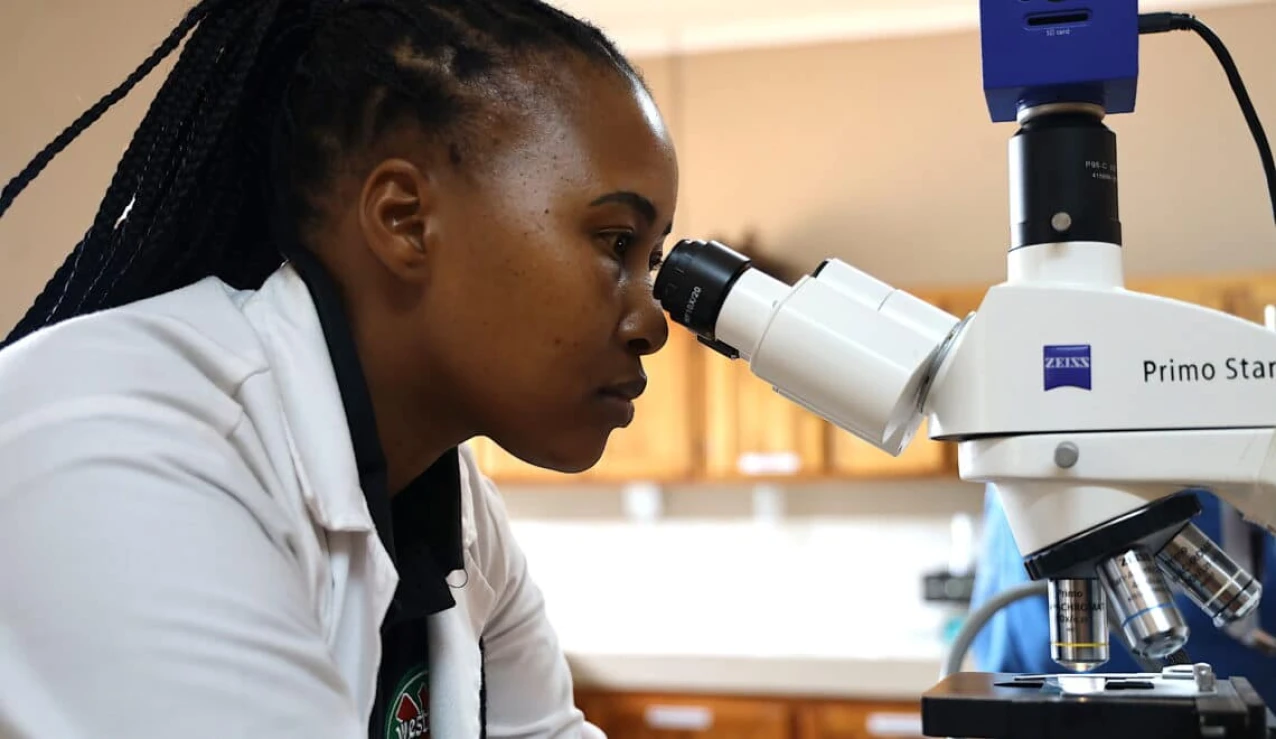
In an initial study there was a 65% reduction in micro levels in the trial room compared to the control room. The study also found that mould on the individual fruit was significantly reduced. Avocados that had been treated with the probiotic remained mould free for up to fifteen days, which resulted in a reduction of internal rot of around 20%. Using this method also has several other clear benefits – it eliminates the need for chemical cleaning materials, avoids the need to shut down ripening rooms for cleaning and can also be applied to hard to reach areas such as ventilation ducts and fans.
Westfalia is conducting a second trial, applying the probiotic liquid from the roof of the ripening room and expects this to achieve a 90% reduction in micro levels compared to the control room. Fruit quality will be continuously monitored over a four week trial in preparation for initial roll out across Westfalia’s UK facilities.
“From there, we will be managing a role out to our European operations and extend trials across a range of products including citrus and mango. Looking even further ahead with the benefit of Westfalia’s integrated supply chain, the unique misting technique can be applied within shipping containers, giving fruit the benefit of the probiotic application before reaching its final destination, Andrew continues. This project is a clear example of how Westfalia continues to ensure consistent high quality avocados are available for consumers to enjoy 365 days of the year.
We are very excited about this breakthrough, as well as the immediate benefits we anticipate a further reduction in potential waste product whilst successfully and naturally maintaining food safety, all of which directly aligns with our ambitious sustainability goals”.

For growers



